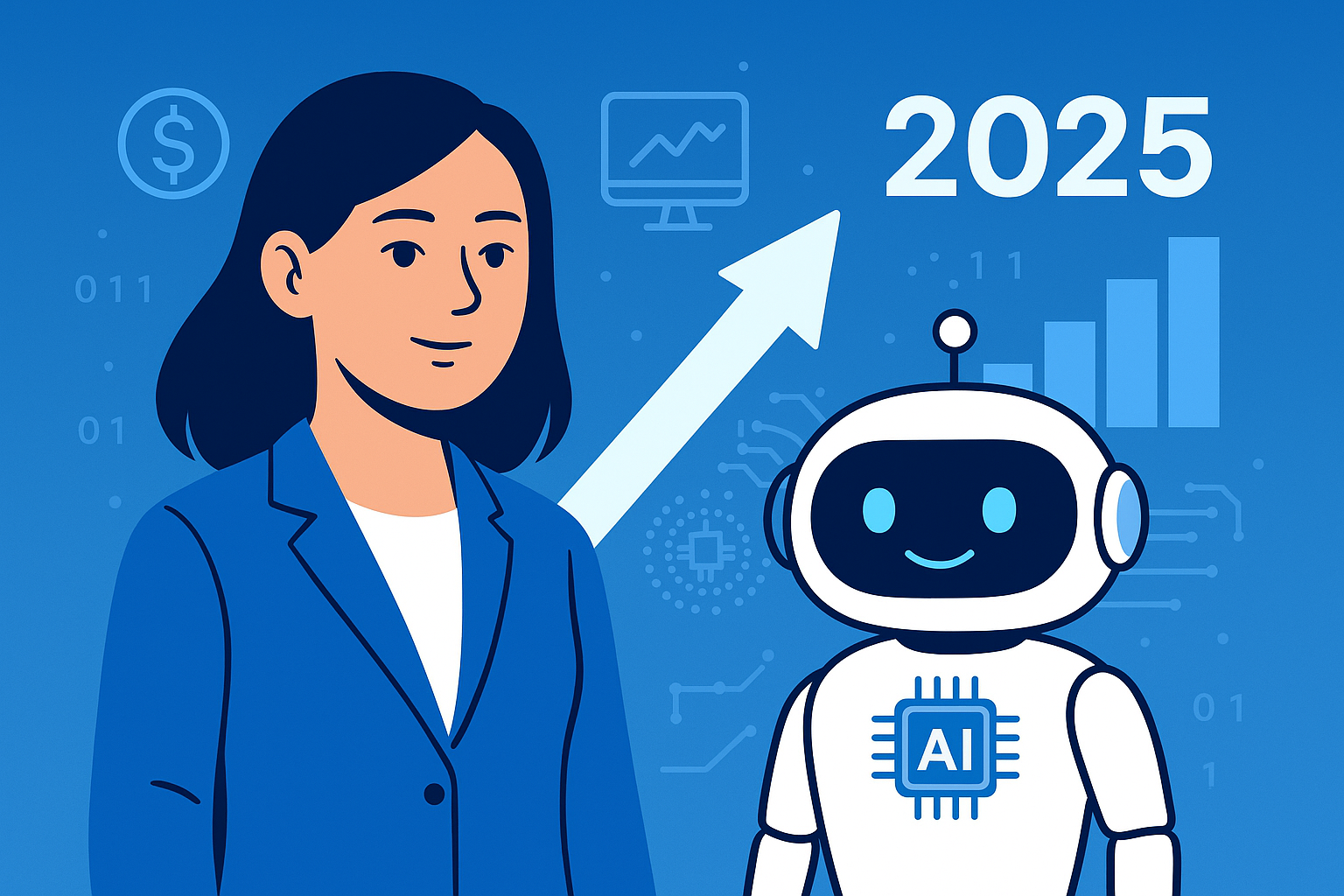
For years, Artificial Intelligence (AI) in accounting has been seen as an emerging technology — powerful, promising, but not yet essential. That’s about to change.
In 2025, AI accounting won’t just be a “nice-to-have” for small and medium-sized enterprises (SMEs); it will become a business standard — the new baseline for how companies operate, report, and grow.
Here’s why 2025 marks the tipping point — the year AI-driven accounting moves from innovation to inevitability.
In today’s competitive economy, speed and precision are everything. Yet many SMEs still rely on spreadsheets, manual data entry, and delayed month-end reporting.
This approach worked when businesses were smaller and slower — but not anymore.
By 2025, the pressure to stay lean and agile will make manual accounting an operational liability.
AI accounting platforms — like ccMonet — automate everything from document reading to reconciliation, cutting hours of admin work down to seconds.
The result? Faster books, real-time insights, and more time for business growth.
Early automation simply sped up existing workflows — scanning receipts, generating reports, matching transactions.
In 2025, accounting automation evolves into true intelligence.
AI systems now:
This leap from “automating tasks” to “informing decisions” is what makes AI indispensable to modern finance.
Business decisions can’t wait until the end of the month anymore.
Investors, partners, and leadership teams now expect live financial visibility — not static reports.
AI accounting provides continuous updates as transactions occur, so SMEs can:
By 2025, real-time reporting will be an expectation — and AI is the only practical way to deliver it.
As businesses expand across regions, compliance becomes harder to manage. Each jurisdiction has different tax rules, filing formats, and deadlines.
AI-powered systems can adapt dynamically, ensuring accurate filings and consistent documentation everywhere.
In hybrid platforms like ccMonet, AI automation is paired with expert human validation — giving SMEs confidence that every record meets local and international standards.
In 2025, compliance isn’t just about accuracy — it’s about automation.
In 2025, businesses that delay adopting AI won’t just be slower — they’ll be at a disadvantage.
Manual processes cause measurable losses:
Meanwhile, companies that embrace AI accounting will operate leaner, faster, and with higher profit margins.
The gap between those who automate and those who don’t will widen sharply this year.
Until recently, advanced AI tools were reserved for large corporations with big budgets. But in 2025, cloud-based platforms and subscription models have democratized access.
Now, SMEs can use enterprise-grade technology at affordable rates — without needing in-house IT teams.
AI accounting systems are also easier to use than ever, with intuitive dashboards, mobile uploads, and automated reporting that even non-accountants can navigate.
AI is no longer complicated. It’s built for simplicity — and for SMEs.
Financial transparency is no longer optional.
Whether for funding rounds, audits, or partnerships, stakeholders expect businesses to demonstrate accuracy, traceability, and accountability in real time.
AI enables that transparency by maintaining structured, auditable records and generating instant, error-free reports.
Companies that use AI accounting systems project reliability — and earn investor confidence faster than those relying on manual methods.
2025 won’t just be the year of automated accounting — it will be the year of predictive accounting.
AI systems now go beyond reporting the past; they forecast the future.
They identify early warning signs, suggest budget adjustments, and highlight growth opportunities before they appear in the numbers.
This shift turns finance from a support function into a strategic growth driver — redefining the value of accounting entirely.
The pieces are all in place:
Together, they make 2025 the year AI accounting moves from innovation to standard practice.
Businesses that adopt it early will gain sharper insights, tighter control, and a clear edge over competitors still managing finance the old way.
With ccMonet leading the shift, SMEs can finally access intelligent, automated accounting built for their scale — giving them the clarity and confidence to grow in a world that’s always moving faster.
2025 isn’t the future of AI accounting.
It’s the year it becomes the standard.